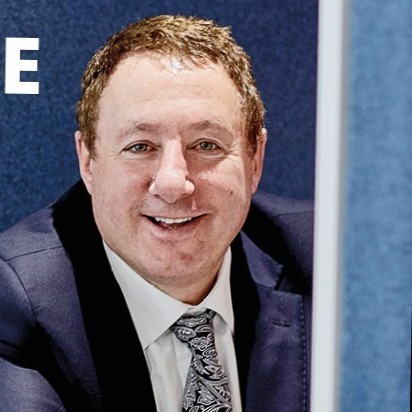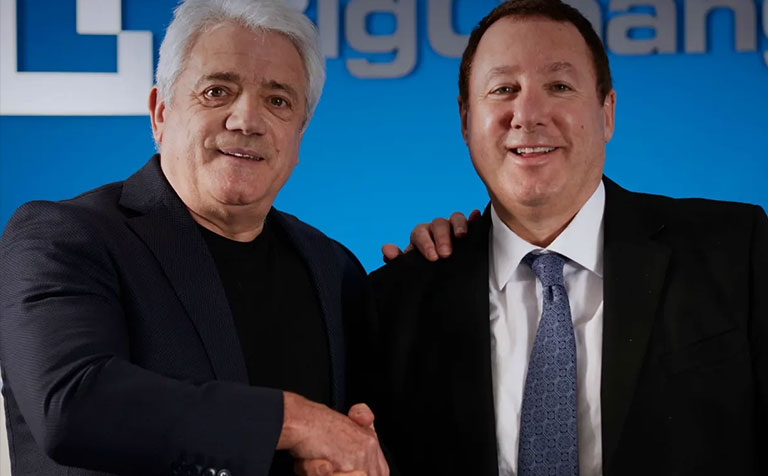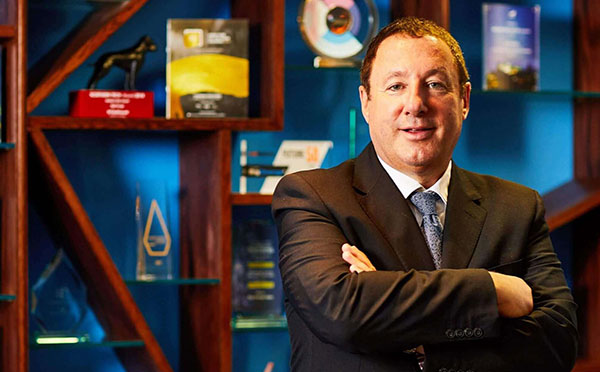You’re never too old to learn – or are you?

4th March 2021 – Diversity in the workplace is a big topic right now and when it comes to gender, racial and cultural diversity, many British companies are committed to making positive change. But there is still one workplace taboo that has yet to be tackled: age bias.
The sad truth is that age is rarely viewed as an asset in the workplace. A study by Harvard Business Review from a few years ago shows that two-thirds of business owners view employing older workers as a “competitive disadvantage”.
Before the pandemic decimated livelihoods across the age spectrum, you were much more likely to be out of work if you were over 50. According to research by the Office for National Statistics in 2019, those aged between 50 and 64 were 33% more likely to be unemployed over the long term – for two years or more.
Yet people are working longer than ever before in the UK. The state pension age has now reached 66 and will rise to 67 between 2026 and 2028. If companies don’t work out how to embrace older workers, we risk alienating a whole generation of talent.
As someone who started BigChange aged 50, and knows he still has a lot left to give, learning about the plight of older workers has hit hard. But I realise there is no easy fix for this problem.
Let’s speak frankly. Younger workers are often much cheaper than older, more experienced colleagues. They can be more tech-savvy, and can bring a fresh perspective on the needs of the customer. They have boundless energy and enthusiasm. These talents are especially valuable in fast-moving industries like technology.
It doesn’t help that many myths about older workers persist: they don’t want to adapt to new ways of working, are less capable of dealing with stress, and are less likely to get stuck in when issues arise.
But these myths are just that: myths. What about the wealth of experience and skill that older workers bring to organisations? The confidence that only comes with age? Older workers tend to be more loyal and act as mentors to younger members of the team.
I may be older than many of my colleagues but if you ask them who puts in the longest hours, nine times out of 10 the answer will be: “Martin. In fact, we all wish he’d take a break now and then!”
There needs to be a concerted push to help bust all the tired old myths about older workers. The government and the private sector also need to work together to make sure that there are enough training and development programmes geared towards these older people. We all have to keep learning to stay relevant in the workplace. This old dog learns new tricks every day.
I don’t pretend to have the answers but I want to do my best to ask the right questions. By 2025, a quarter of all workers in the UK will be over 55. We need to ensure these people have access to meaningful opportunities in the workplace. We cannot have true diversity until we tackle age bias: will you help me?



